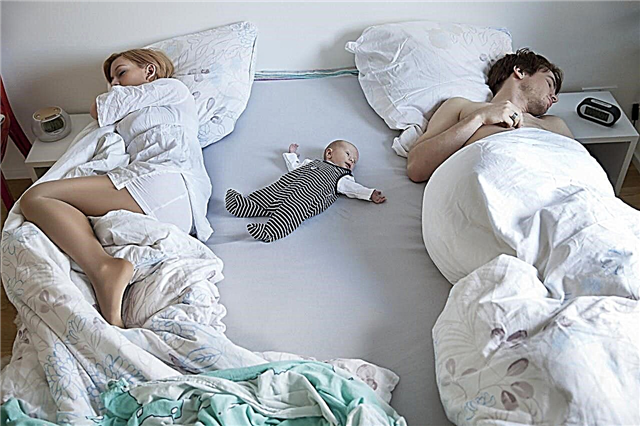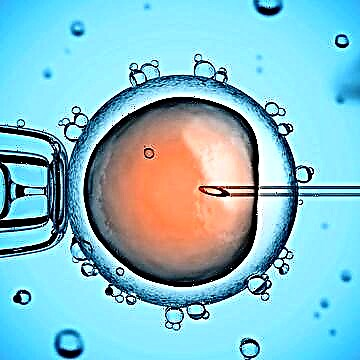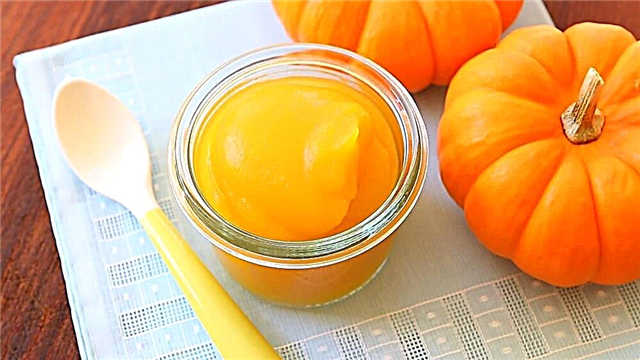Does breastfeeding affect tooth decay? What are the conclusions of dentists based on the dangers of long breastfeeding and whether it is worth depriving a child of the mother's breast after a year.
Breast milk and tooth decay: is there a relationship?
Recently, one can often hear the opinion of children's dentists that breastfeeding after a year provokes caries in children. What do experts think about this, and is the natural feeding process actually dangerous for the health of the child's teeth?

There are many opponents of breastfeeding. But when health professionals speak out against breastfeeding, their claims make young mothers uneasy. Let's try to figure out whether breastfeeding really provokes dental problems in a child (after all, dentists also rely in their judgments on modern research), whether mothers should blindly believe these arguments and stop breastfeeding as soon as he is one year old.
Scientific evidence
WHO has repeatedly conducted studies, the results of which have proven that breastfeeding up to two years of age affects the baby in the most positive way. Communication with the mother during feeding gives the baby psychological comfort and a sense of security. In addition, breast milk promotes the physical health of the baby. Milk contains all the necessary elements for development and growth, in addition, breastfeeding helps to form a correct bite and is an excellent prevention of caries.
Breastfeeding is a natural process. Nature itself intended the female breast for feeding offspring. And hardly a single person on earth suffered from the long feeding. After all, nature has thought through everything to the smallest detail. And, if the body suffered from breast milk and longevity, humanity would have died out long ago. Therefore, mothers, nature, common sense and the results of WHO scientific research are on your side.

That is why WHO strongly recommends breastfeeding for at least 2 years.
Breastfeed your babies and be healthy yourself!
Mamexpert tells the Academy of Maternity: breastfeeding and tooth decay
Why do disagreements arise?
Often, research does not follow the correct methodology and terminology, which leads to distorted results. So, for example, in some scientific sources, children who are mixed feeding are referred to as artificial, in others - to breastfeeding (who are breastfed).
And such confusion leads to inaccurate conclusions. This misunderstanding was the reason for the claim that breastfeeding leads to the destruction of tooth enamel and tooth decay. In fact, problems are more often experienced by artificial people, as well as mixed-fed babies. The fact is that breast milk and mixed food have different effects on tooth enamel.
In addition, researchers often overlook other factors influencing the damage to tooth enamel - heredity, characteristics of the children's diet, and proper oral hygiene. And all this also gives an incorrect result.
As for breast milk, it is an irreplaceable supplier of substances that help strengthen tooth enamel: calcium and phosphorus. This means that breast milk not only does not provoke tooth decay, but rather remineralizes tooth enamel.
Remineralization of tooth enamel - This is the restoration of the mineral composition of the tooth and restoration of the density of damaged enamel by means of exposure to chemical compounds, due to which the mineral components enter the upper layer of the teeth.
What provokes caries
One of the main reasons for the destruction of tooth enamel, leading to the development of caries, is provoked by the bacteria Streptococcus mutans. This bacterium multiplies actively at low acidity. Small children can get "infected" from their parents or their older sisters and brothers, when using common utensils and hygiene items.
At the same time, the risks of developing caries in babies who are breastfed are lower than in artificial ones. After all, breast milk just increases the level of acidity in the oral cavity, which prevents the multiplication of Streptococcus mutans bacteria.
The researchers note that the immunoglobulins IgA and IgG contained in human milk inhibit the growth of Streptococcus mutans. It prevents the active reproduction of bacteria and lactoferrin, which is the main component of breast milk.
[sc name = ”ads”]
There is another factor in the plus of breast milk. When the baby is correctly attached to the breast and suckles it correctly, the milk goes directly to the throat without touching the teeth. But those who drink the mixture from a bottle are at greater risk. The mixture enters the oral cavity, creating an environment favorable for the multiplication of bacteria, which leads to the destruction of tooth enamel. Therefore, in order to prevent the development of caries, it is recommended that children of art be given clean water after meals.
Diaper hygiene

To avoid the appearance of caries, you should take care of your baby's teeth from an early age. As soon as the first teeth erupt, begin hygienic care. You can simply brush your teeth with gauze, a special children's silicone brush that is put on the parent's finger, or a soft toothbrush without paste. Children’s toothpaste is only used when the child learns to rinse his mouth and spit out water.
Buy a paste specially formulated for toddlers. Make sure that it does not contain fluoride. Get ready for the fact that at first you will have to help the baby to brush his teeth, and when he learns to cope with the procedure on his own, you will need to constantly and constantly monitor the quality of cleaning.
When the first signs of early caries appear, you need to contact your dentist. It is necessary to treat caries at any age and in any case.
- When to start brushing children's teeth?
- 12 effective ways to teach your child to brush their teeth
- 7 useful purchases that will teach your baby to brush their teeth



